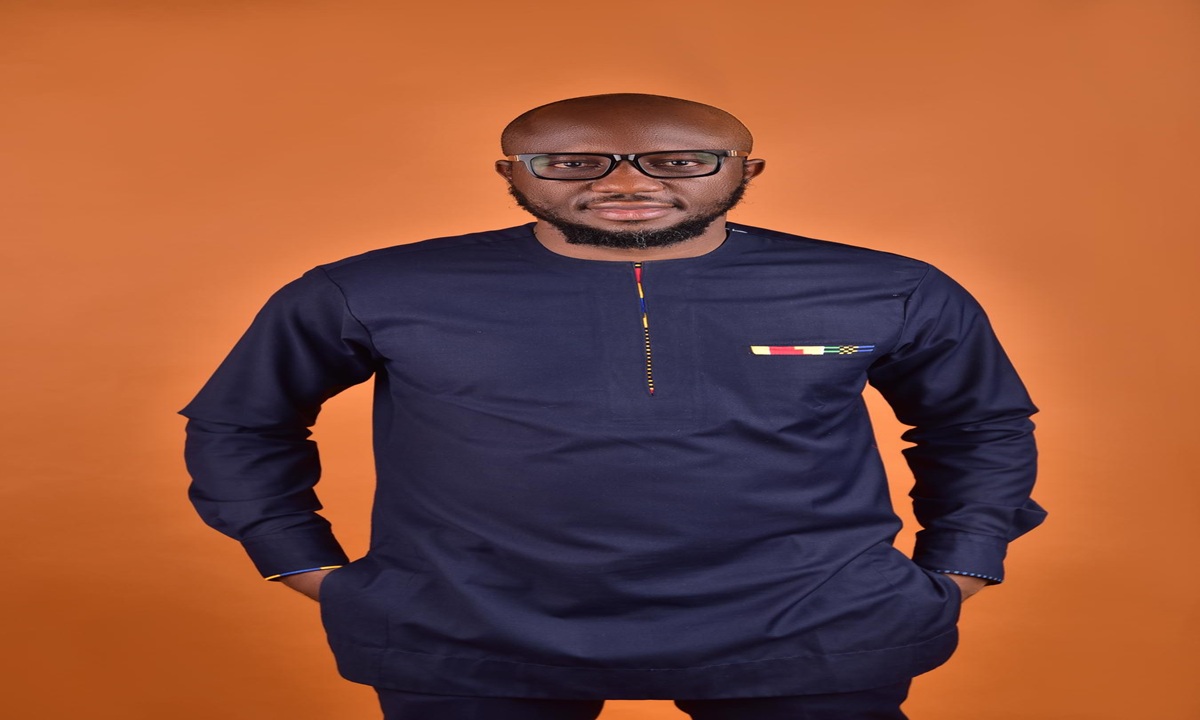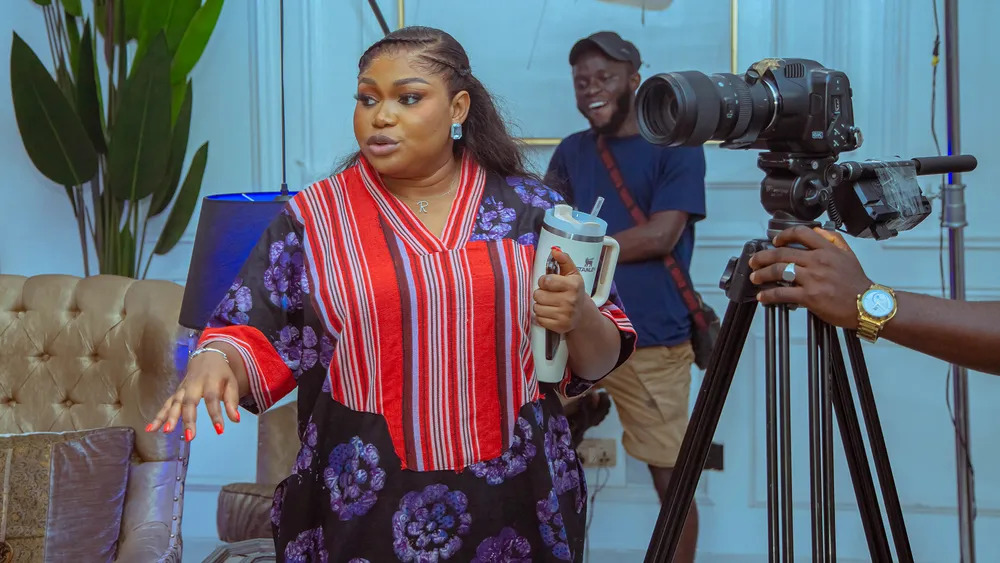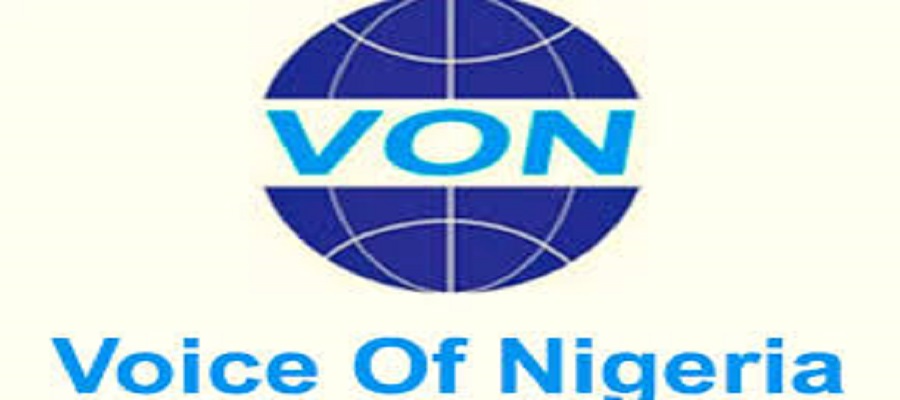Broadcasting
BCOS gets NBC’s Nod to Convert Relay Stations
National Broadcasting Commission has granted operating licenses to the Oyo State government to convert two relay stations of the Broadcasting Corporation of Oyo State, BCOS to full-fledged radio stations.
The former relay stations in Gambari near Ogbomoso and Alaga in Oyo North have now been licensed to operate as radio stations under the stable of BCOS.
Prince Dotun Oyelade, special adviser to the Governor on Public Communications said that by this development, the relay station in Gambari becomes Ajilete FM while the one in Alaga will henceforth be known as Oke-Ogun FM, Ajilete FM will continue to transmit on 92.1 Mega Hertz and Oke Ogun FM will remain on 96.3 Mega Hertz.
Meanwhile, Christopher Adebayo Alao-Akala, governor of the state has endorsed the decision of the management and board of BCOS to reopen the Corporation’s abandoned facilities at Oje-Owode and Ipapo. Oje-Owode will serve as news, programmes and advertisement collection centre while Ipapo will serve as Radio O.Y.O. relay station.
In addition, the governor has approved the establishment of new offices for the Corporation in Oyo, Ogbomoso and Eruwa townships. They will also serve as news, programmes and advertisement collection centres.
The emerging radio stations and the expansion of the operations of BCOS to other parts of the State will fulfill the objective of this administration to take optimum information dissemination facilities to the grassroots. Such facilities will serve as veritable moderators in the relationship between the Government and the people.
All these developments are in fulfillment of Governor Akala’s promise two years ago to restore the BCOS to its glorious past.
Broadcasting
RoW Waiver: The Hidden Backbone of Anambra’s Digital Revolution

By Chukwuemeka Fred Agbata, CFA
Across Nigeria, one of the biggest hurdles to broadband expansion has been the prohibitive cost of Right of Way charges: the fees telecom operators must pay to lay fibre-optic cables across state-owned land, which drastically slows down digital infrastructure rollout.

In 2022, one of the earliest and boldest steps taken by Prof. Charles Chukwuma Soludo, CFR, was the removal of the Right of Way (RoW) charges for laying broadband fibre across Anambra State.
At the time, it may have seemed like a quiet policy move, but in reality, it laid the foundation for the state’s ongoing digital transformation journey.
The logic behind this move is simple but powerful. By waiving RoW charges, the administration sent a clear message to telecom operators, broadband providers, and investors: Anambra is open for digital business.
This single decision has paved the way for fibre-to-home deployment, the expansion of 5G infrastructure, and faster, more reliable internet across communities, ultimately boosting the ease of doing business.
Perhaps one of the most visible testaments to this visionary policy is the ongoing roll-out of the “Solution Free Wi-Fi” initiative, which is democratizing internet access for students, traders, civil servants, and everyday citizens, alongside the digitization of government processes that are making service delivery faster and more transparent.
Anambra is reaping the dividends of a forward-thinking approach.
What seemed impossible a few years ago is now a lived reality: Teachers are being equipped with digital tools, enhancing lesson delivery and preparing students for a technology-driven future.
Civil servants now work with smarter systems, making the civil service more efficient, transparent, and responsive to citizens, while young innovators are finding an enabling environment to create solutions and businesses that improve lives and shape the future.
What began as a policy shift has cascaded into practical, people-centred benefits that are redefining how Anambra learns, works, and governs.
This backbone is also unlocking new opportunities in telemedicine, e-learning, smart agriculture, and more. In short, the Soludo-led administration’s decision aligns perfectly with the governor’s vision of building a liveable and prosperous megacity, anchored on technology.
More notably, Anambra’s forward-thinking move aligns it with both national and global best practices. In Nigeria, states like Lagos, Ekiti and Kaduna that reduced or eliminated RoW fees saw significant surges in broadband penetration and digital services. Internationally, countries like Kenya and Rwanda demonstrate how lowering barriers for telecom operators fuels widespread connectivity, attracts investment, and spurs innovation.
Anambra’s decision places it firmly within this league of forward-looking regions, positioning the state as not just a beneficiary of technology but a driver of digital growth in Nigeria.
This is not just about cables in the ground, it’s about creating an ecosystem where technology thrives and opportunities multiply.
Anambra is proving that the future truly belongs to states that embrace technology not as a slogan, but as a strategy.
The state’s journey toward becoming a digital hub in Nigeria is still unfolding, but the foundation has been laid, strong and unshakable, by a single, daring choice.
Broadcasting
Telling Stories in the Era of the New TV

By Ruth Kadiri
When people ask me what the secret is to making films, my answer is simple: the trick is always in the story. But of course, it is never only that simple. A good script is a given, as are strong casts and the right team behind the camera. Those are the foundations. Yet over time, I have come to realize that filmmaking today requires us to think beyond the script and the set. We must also think about the screen, the audience, and the journey of the story once it leaves our hands.

As a filmmaker, I am often asked what I have learned along the way; what I would tell someone starting out, or even those who have been working as long as I have. Attending the YouTube TV/Film Day in Lagos gave me another opportunity to reflect on how the industry is shifting and what keeps me grounded. These are some of the lessons I now carry with me.
1. The trick is always in the story
No matter the format, length, or platform, it begins with the story. A viewer will forgive budget limitations, new talent, or even unfamiliar settings if the story connects. But if the story is weak, no amount of production polish will keep people watching. As filmmakers, our first task is to craft stories that reflect real lives and emotions. A character’s triumph, a family’s struggle, a moment of laughter. These are what audiences hold on to long after the credits roll.
2. Never compromise on quality
Quality is not about big budgets alone. It is about respect for the audience. In a world where viewers can choose from thousands of films and series with a click, they will not wait for a story to “get better later.” That means sound, lighting, editing, and acting must all meet a standard that keeps them engaged from the start. Even when working with limited resources, I push myself and my team to raise the bar.
3. Beyond the production, think about the screen
In the past, when we spoke about “the screen,” we meant cinema or television. Those were the spaces where stories lived, and where audiences gathered. Today, that definition has changed. The screen could be the phone in someone’s hand on a bus, a laptop late at night, or a connected TV in the living room. For many Nigerians — especially younger audiences — YouTube has become that new television. It is where they discover new films, revisit old favorites, and share what they love with others.
As a filmmaker, this shift has changed the way I create. I no longer think of my work as tied to one channel of distribution. Instead, I ask: how will this story feel on a mobile phone? How will it hold attention on a larger screen at home? YouTube is central to answering those questions, because it gives me the freedom to design for different screens while keeping the same story intact.
4. The audience is global, even if the story is local
One of the greatest gifts of this digital era is the ability for Nigerian stories to reach audiences in places I may never visit. Over 70 percent of watch time on Nigerian YouTube channels comes from outside the country. That means a story set in Benin City or Kaduna can resonate in London, New York, or Johannesburg. The key is to stay authentic. Our culture, our humor, our languages are not limitations. They are the very things that make our films compelling to the world. Subtitles and translations help, but at the core it is authenticity that travels.
5. Language is power
Nollywood is rich with languages and dialects, and I believe in using them boldly. Audiences everywhere are increasingly open to watching subtitled films. Korean dramas, Spanish thrillers, Indian romances — they all prove that language is no longer a barrier. For us, this is an invitation to lean into our diversity. By telling stories in Yoruba, Igbo, Hausa, or Pidgin, we are not limiting ourselves. We are showcasing the depth of Nigerian culture. And when paired with platforms like YouTube that make subtitling and translation simple, we can connect with people who do not speak our languages but still understand our emotions.
6. Power belongs to the storyteller again
Perhaps the most inspiring change for me is how much control filmmakers now have. We no longer have to wait for gatekeepers to decide which stories will be told or which audiences will see them. With digital platforms like YouTube, we can release directly to our viewers, build communities around our work, and grow our craft in real time. It is not easy. It requires consistency, strategy, and resilience; but it is empowering. For me, that is what keeps me creating.
Broadcasting
FG Begins Restoration of Voice of Nigeria Shortwave Transmission

Mohammed Idris, minister of Information and National Orientation, has officially launched the contract for restoring the Voice of Nigeria (VON) shortwave transmission, using the 250 KW TX2 transmitter at the Lugbe transmitting station in Abuja, Nigeria’s capital.

Speaking at the event, the minister described the development as a major milestone, noting that its impact extends beyond Nigeria to the wider African continent.
The restoration project is expected to strengthen Nigeria’s international broadcasting capacity, enhance cross-border communication, and reinforce the country’s role in Africa’s media and information landscape.
“As we commence the revival of the largest and most powerful transmitting station on the African continent, now equipped with the most modern, digitally compatible technology. Upon completion of this project, the fully reactivated VON transmitters will transform the landscape of terrestrial broadcasting and position VON as a respected brand in global radio broadcasting for good.
“It is my expectation that the Voice of Nigeria will continue to uphold its policy of being a pro-Nigeria and pan-African station dedicated to telling the positive stories coming out of Nigeria and the African continent.”
The minister, who was represented by Mr. Ogbodo Chinasa Nnam, permanent secretary of the ministry, commended President Tinubu for his commitment to ensuring Nigeria’s information sector and the broadcasting infrastructure are enhanced to meet the global standard.
“As we take this giant step to flag off the contract for the restoration of Voice of Nigeria’s shortwave transmission using the 250KW superpower transmitter, it is appropriate to express our profound appreciation to His Excellency, President Bola Ahmed Tinubu, for his vision and commitment toward the restoration and modernisation of the broadcasting infrastructure of the Voice of Nigeria.”
While charging the VON technical team to be competent in supervising the execution of this project, the minister urged the contractors to abide by the stipulated duration of the contract.
“I therefore urge the contractor to not only execute the contract within the agreed timeline but also to ensure that the highest standards and quality are maintained and clearly evident. The VON technical team must demonstrate a high level of diligence and competence in supervising the execution of this project, as well as in ensuring its sustainability through an effective maintenance culture,” he added.
Meanwhile, Mallam Jibrin Baba-Ndace, director general, VON, stressed that the project will position the organisation as a leading voice in broadcasting on the African continent.
“History is being made because we have the support of the President and Commander-in-Chief of the Federal Republic of Nigeria, President Bola Ahmed Tinubu.
“While we acknowledge that Voice of Nigeria has a very robust digital media platform, we also recognise, looking at their media landscape, that what will give us an edge as a leading voice on the African continent is to bring back our terrestrial broadcast. What we have here is the only rotating antenna on the continent of Africa today.
“We are very proud to be the ones at this moment that have the privilege, by the mandate given to us by the President and Commander-in-Chief, to revive this very important critical institution.”
On his part, Mr. Hassan Fawaz, managing director of Confax Nigeria Limited, the contractor, promised the timely delivery of the rehabilitation of the 250-kilowatt superpower rotating transmitter.
“The good thing about the technology of shortwave is that it will give you a very wide coverage. And I’m sure everybody has seen around the quality, the size of the equipment, the antenna, the rotating antenna, plus the fixed antenna, and so on. It’s a huge setup that will definitely make every Nigerian proud to have it on air.
“We will do everything within our reach to be able, hand in hand, to support you and have you achieve a plan to have everything put in order.”
The minister also highlighted VON’s contribution to Nigeria’s foreign and public diplomacy as well as upholding Nigeria’s democracy, with the hope that the station will continue to fulfil its mission and mandate as a pro-Nigeria and pan-African outlet committed to presenting positive narratives about Nigeria and Africa.

 E-Financial3 days ago
E-Financial3 days agoFirstBank’s ₦1 Trillion Digital Lending Milestone: A New Era of Inclusive Finance

 E-Business3 days ago
E-Business3 days agoFG Shuts Down over 13.5m Social Media Accounts for Alleged Policy Violations

 E-Financial3 days ago
E-Financial3 days agoGITEX Nigeria 2025: MTN and Global Tech Titans Unite to Accelerate Africa’s Digital Future

 Telecom3 days ago
Telecom3 days agoNCC Unveils Cybersecurity Blueprint to Fortify Nigeria’s Telecom Backbone

 Telecom3 days ago
Telecom3 days agoGlo Commemorates Two Decades of Innovation, Impact @ 22

 E-Business3 days ago
E-Business3 days agoNigeria to Launch NGDX, Unified Data Exchange by End of This Year

 News3 days ago
News3 days agoNigerians to Pay $80 Duty on US-Bound Parcels — NIPOST

 E-Financial3 days ago
E-Financial3 days agoDiaspora Inflows Triple to $600M Monthly, Set to Hit $1B Next Year – CBN















